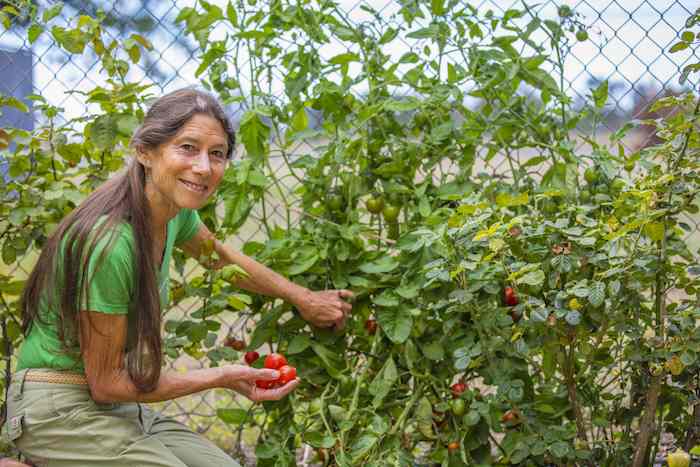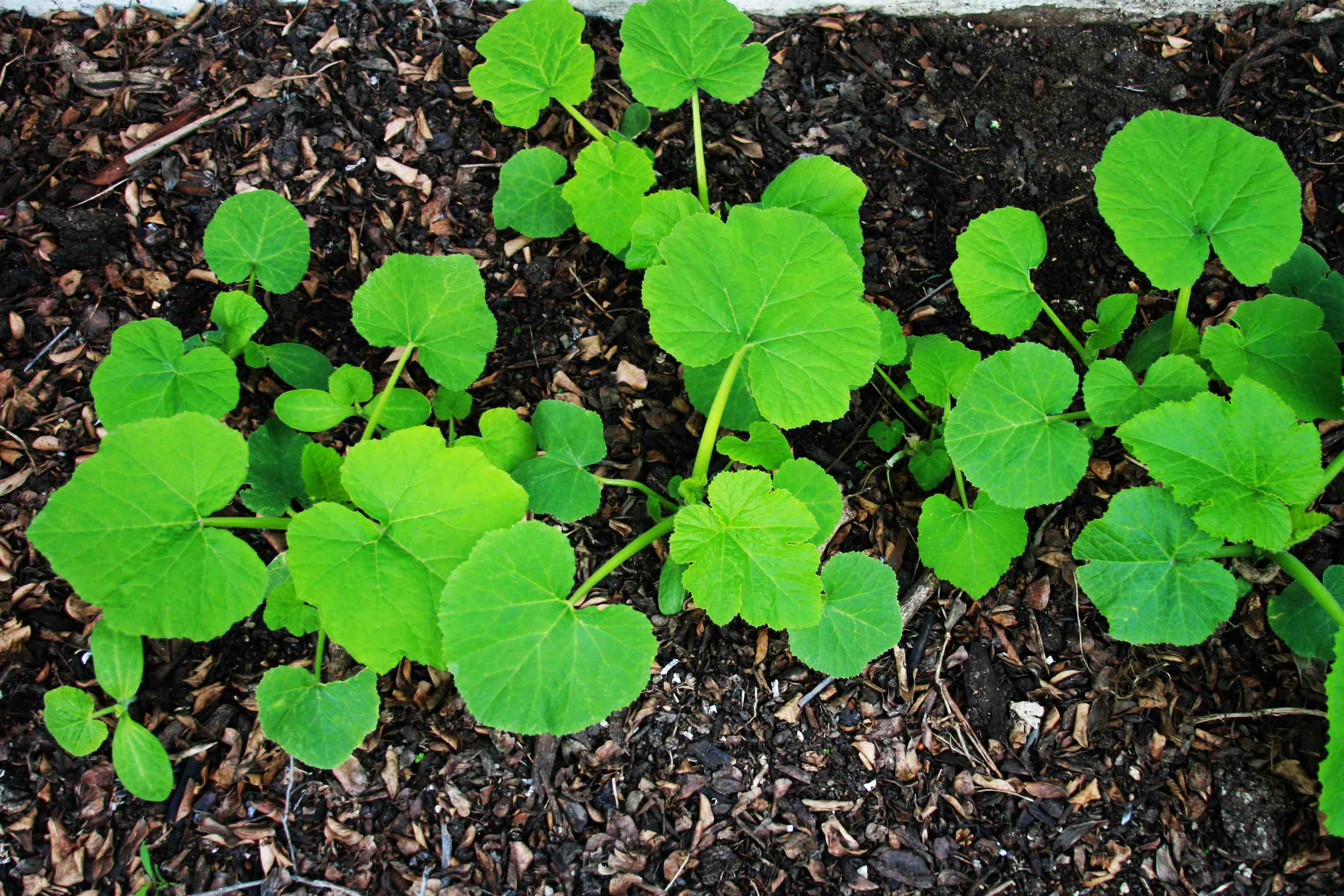Free summer workshops teach beginners the how and why of home composting.
If you were lucky enough to grow up in Sonoma County, the concept of home composting is probably nothing new. For others, the thought of composting at home might be scary, setting off nightmarish images of a daunting, fly-ridden endeavor with no predictable outcomes. So, you can throw a bunch of old food and yard waste into a pile and it magically turns into nutrient-dense organic matter that you can toss back on your garden to make the soil thrive? Sounds fantastic. But how?
Free workshops to the rescue! The U.C. Master Gardeners of Sonoma County, in partnership with the Sonoma County Waste Management Agency, will be offering free composting and vermicomposting workshops in July and August to teach you how to “turn yard waste and kitchen scraps into wonderfully rich compost to use as a soil amendment or mulch in your garden.” They’ll cover the basics of composting, beginning with the question: Why compost?” Why should anyone willingly make a pile of rotting veggies in their yard, or take ownership of a pack of squiggly, hungry worms, when you might easily run down to the local garden shop to buy a bag of compost made by dirt experts?
I reached out to Ryan Johnston at the Permaculture Skills Center (they’ll host a workshop on Aug. 20—see page 23) in Sebastopol for insight. He offers three good reasons to take the DIY approach to composting. Johnston suggests thinking of home composting as a low-hanging fruit way to deal with the waste stream in a regenerative manner.
“People can close the loop in their own backyards,” he says. “If you look at everything as nutrient flows, you have the opportunity to capture and put back into the soil some of the stuff you are harvesting out of your garden and bringing home from the grocery store that would otherwise flow offsite.” According to the Environmental Protection Agency (EPA), 30 million tons of food waste is sent into U.S. landfills each year. Once in the landfill, food scraps and yard trimmings are broken down by bacteria to produce methane, a greenhouse gas with a global warming potential 21 times that of carbon dioxide. Think of home composting as a domestic front battle against climate change.
For anyone interested in cutting down their carbon footprint, the shutdown of Sonoma Compost has given home efforts a new significance. With no local composting facility, any lawn cuttings, food waste, and leaves placed in county-provided green bins are trucked to Marin and Mendocino Counties for processing, at the cost of “fairly astronomic greenhouse gas emissions,” says Johnston.
Finally, building healthy soil with homemade compost is a great way to increase water-holding capacity in your garden and yard, important in California where drought is the new norm, at least if you believe Governor Jerry Brown. “A one-percent increase in organic matter increases the water holding capacity of that soil fourfold,” Johnston explains. “By adding compost, you are basically creating a living sponge.”
Along with covering the whys, the workshops by master gardeners will cover how to get started, materials needed, and how to make compost tea. All in all, it’s a chance to improve our ability to feed ourselves from food grown in our own backyards, while utilizing a prime source of soil nutrients that continues to be squandered in landfills. As the old PSA adage goes, that’s one to grow on.
4 steps to easy home composting . . .
1. Get Educated
Attend a workshop and do your research. YouTube is an incredible resource. Type “How to compost at home” into your search engine and have at it.
2. Home Audit
Do a home waste audit. Ask yourself these questions: How much waste am I producing? What is going into my green bin that could be diverted into a home compost? Lawn clippings, leaves, etc.?
3. Pick the Right System
Choose a composting system that meets your needs as well as your management preferences. Worm composting might work better if you only compost small amounts or live in an urban environment, apartment, or condominium. Johnston encourages people to start with vermicomposting.
4. Ask for Advice
Find a mentor. When you are getting started, you’ll have to do some troubleshooting. If flies show up or your compost smells, there is an issue to be diagnosed. Often, you can find an experienced composter in your own neighborhood. Ideally, it should be someone who can visit your site and give you feedback. Or reach out to the Master Gardeners for help: (707) 565-2608.
Article resources:
Home composting workshops in Sonoma County are free, but registration is required to attend.
Jul 9 • City of Santa Rosa Water Department 11am to 1pm
Jul 16 • Sonoma Garden Park
9am to 11:30am
Jul 25 • Graton Day Labor Center
9am to 11am (Spanish only)
Aug 18 • Petaluma Seed Bank
6pm to 8pm
Aug 20 • Permaculture Skills Center, Sebastopol
10am to 12:30pm
Aug 24 • La Luz, Sonoma
3pm to 5pm (Spanish only)
Register at ucanr.edu/sites/scmg/


